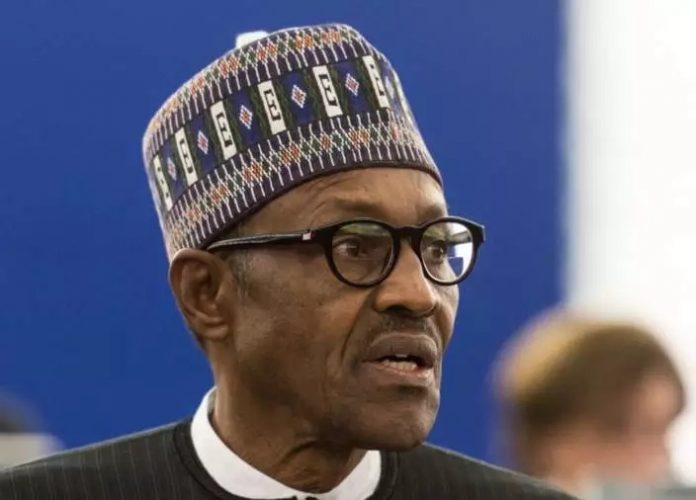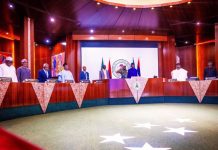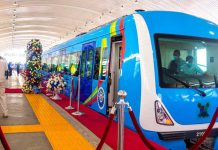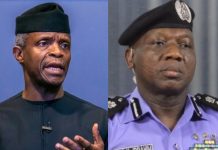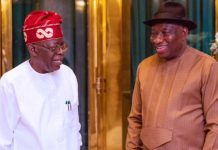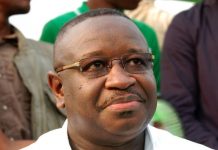Opinion polls are new in Africa. They are not usually used as reference points in meaningful calculations. But all the same, opinion polls have become more noticeable in the media. In Nigeria, a few websites have projected them to the fore. One of them known as Noipolls says Nigerians have given President Muhammadu Buhari a job performance rating of 52 per cent on governance in its 2017 national poll.
The report said the survey was for the months of August and September 2017. Unveiling the report at a press conference in Abuja last week, the Chief Executive of Noipolls, Dr. Bell Ihua, said the survey showed that Nigerians rated the job performance of President Buhari at 52 per cent on governance. As to be expected, the highest approval rating, 75 per cent, came from the president’s geopolitical zone – the North-west – while the lowest approval of 19 per cent, came from the South-east geopolitical zone.
The survey stated that “the regional variations arguably reflect not only the voting patterns during the 2015 presidential election, but also speak to the pattern of agitations and counter-agitations since President Buhari came to power”.
Sixty per cent of those polled said they were dissatisfied with the president’s handling of the economy. The poll also sought the opinion of Nigerians regarding Buhari’s anti-corruption war. The results showed that while 91 per cent of Nigerians believe corruption is still a major issue in the country, 58 per cent were of the opinion that the president’s anti-corruption war was working, with 42 per cent responding to the contrary.
In terms of institutional effectiveness, Nigerians polled had the opportunity to assess the performance of 17 public institutions with a regular interface with the populace.
The results revealed that the top five institutions considered effective by Nigerians were the military (72 per cent); Nigerian Security and Civil Defence Corps, NSCDC, (65 per cent); Federal Road Safety Corps, FRSC, (63 per cent); National Agency for Food and Drug Administration and Control, NAFDAC, (61 per cent); and the the Economic and Financial Crimes Commission, EFCC, (59 per cent).
On security, the poll reported that while 65 per cent of Nigerians say they feel safe in their localities, 35 per cent do not feel secure.






